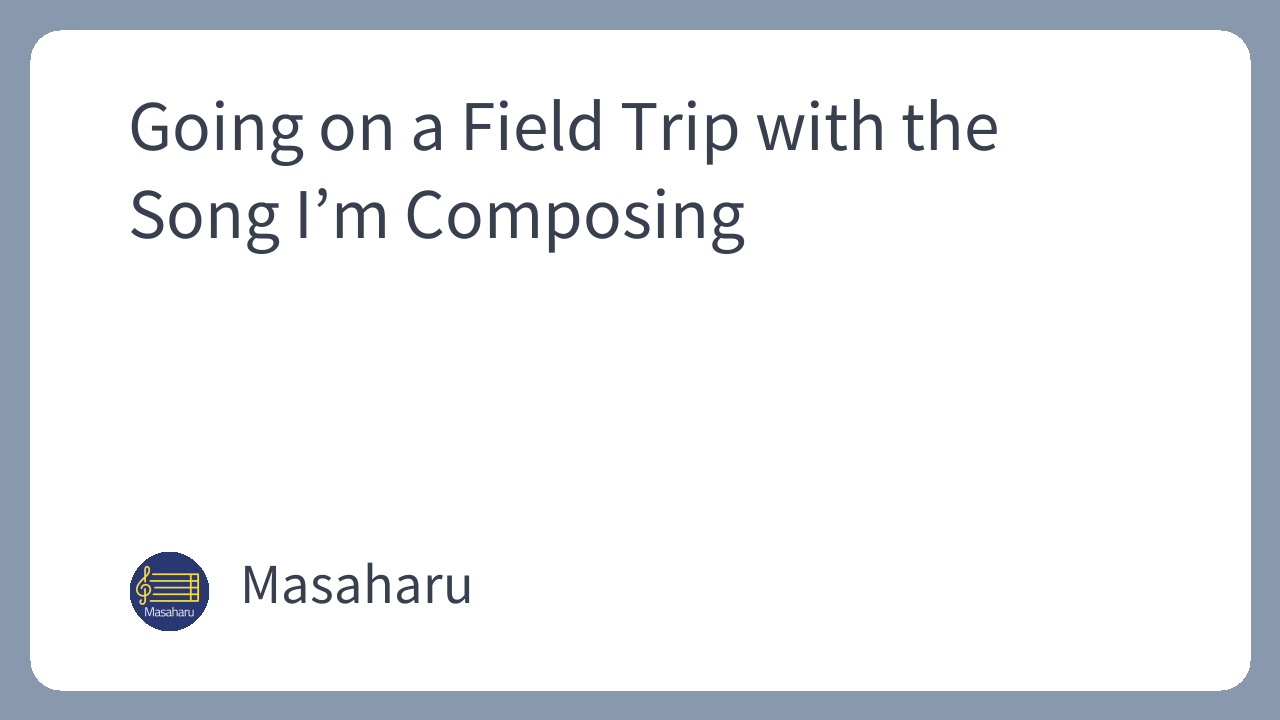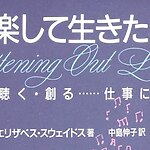(Originally posted on April 17, 2007)
The weather was beautiful today, so I saved the song I’m working on to my portable recorder and took it with me on a bike ride.
Under the brilliant, pouring sunlight, I saw verdant green mountain ranges and the rippling surface of a lake before me. And through my earphones, I heard my own (in-progress) song.
The fascinating thing about this method is that it allows me to continue composing (or at least conceptualizing) in an environment completely different from my home studio.
I used to do this often more than a decade ago. I had stopped for a long time, but recently, as if remembering it all of a sudden, I’ve started practicing it again.
My compositional method is fundamentally based on “processing, montaging, and collaging digital waveforms.” Therefore, as long as I have speakers—the final output destination (the place of manifestation)—anywhere can become my stage for performance and composition.
That said, I feel this method isn’t so much about seeking efficiency or a leap in ideas, but rather driven by a desire to “spend more time having fun in the ‘playground’ that is the song I’m composing.”
When I listen to a song in progress outside, my heart is stirred in many ways: I’ll feel a simple, thrilling excitement; I’ll endlessly and improvisationally play the rest of the song in my head; or I’ll be stunned to find I’ve hit a dead end.
When I return to my room and continue working, the things I felt and thought about outside aren’t necessarily reflected in the work. In fact, it almost feels like it was a musical experience from another world entirely.
The feeling at that moment is akin to the pleasant fatigue and nostalgia a schoolchild feels when reminiscing after returning home from a field trip, thinking, “Ah, that was fun. But now it’s over.”
You have your usual friends you play with at school. The “field trip” is a special, one-day event where you go with them to an extraordinary environment.
By going on this field trip, I feel I was reminded of how much I want to keep playing with my classmates forever—in other words, how strongly I want to keep playing in the “playground of the song I’m composing.”
The moment a song is completed is when that school year ends. The final mixdown process is the “class farewell party.” So, it must have been natural that I always struggled to finish that task.
The state of burnout after completion is similar to the aimlessness of spring break, and it’s also a time of dreading the uncertainty of the new school year and new semester.
And then, as hope, motivation, and curiosity build up, before I know it, the year turns, and with a change of classes, the creation of a new song begins.
Related Articles



